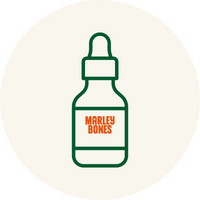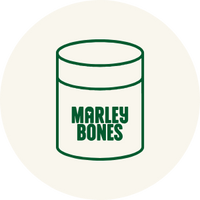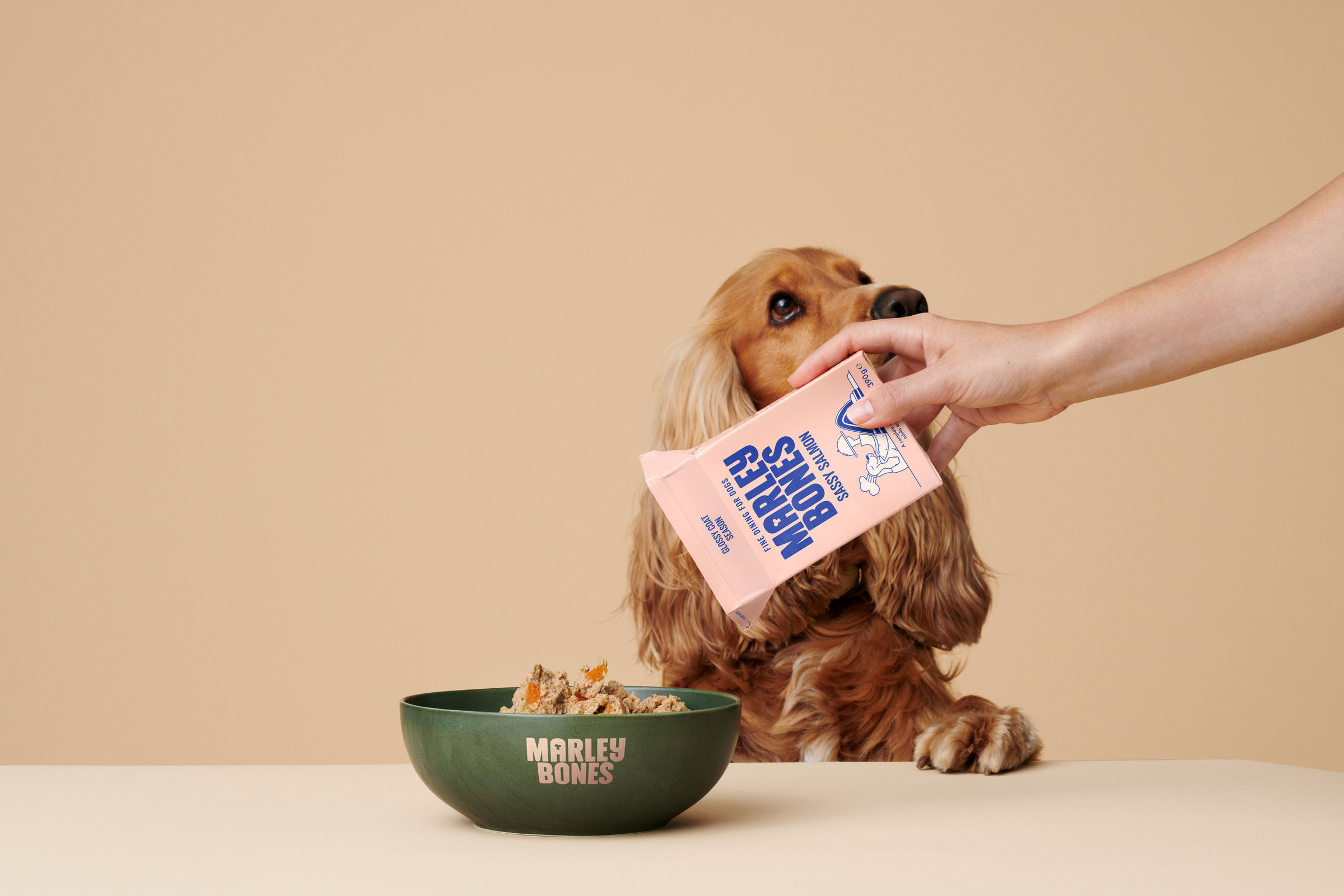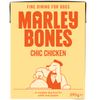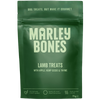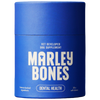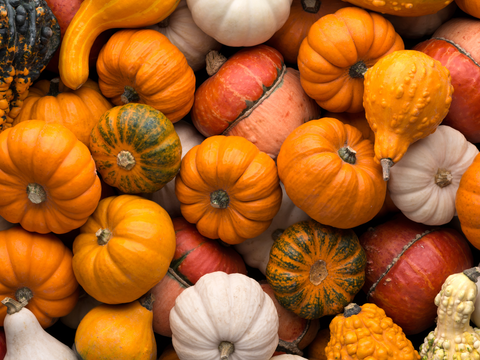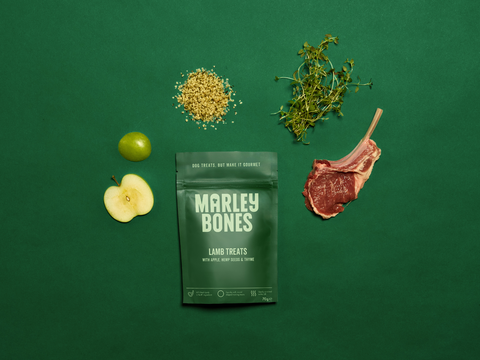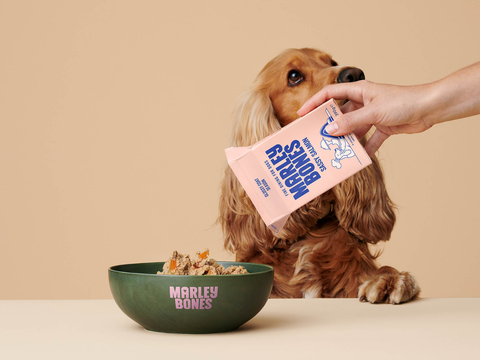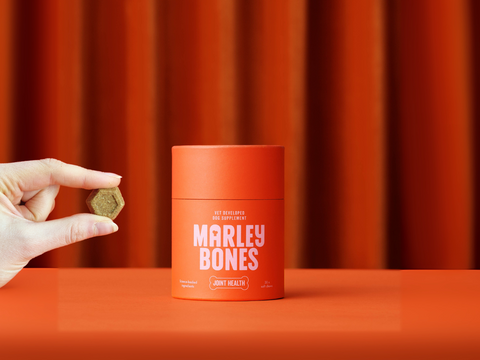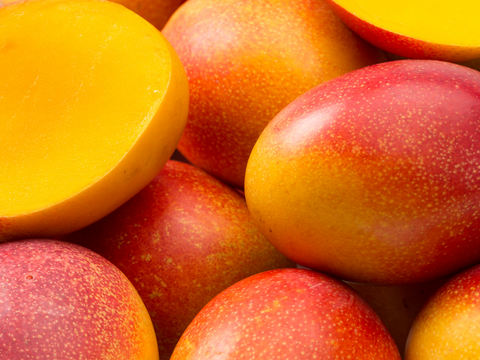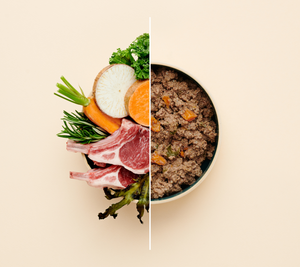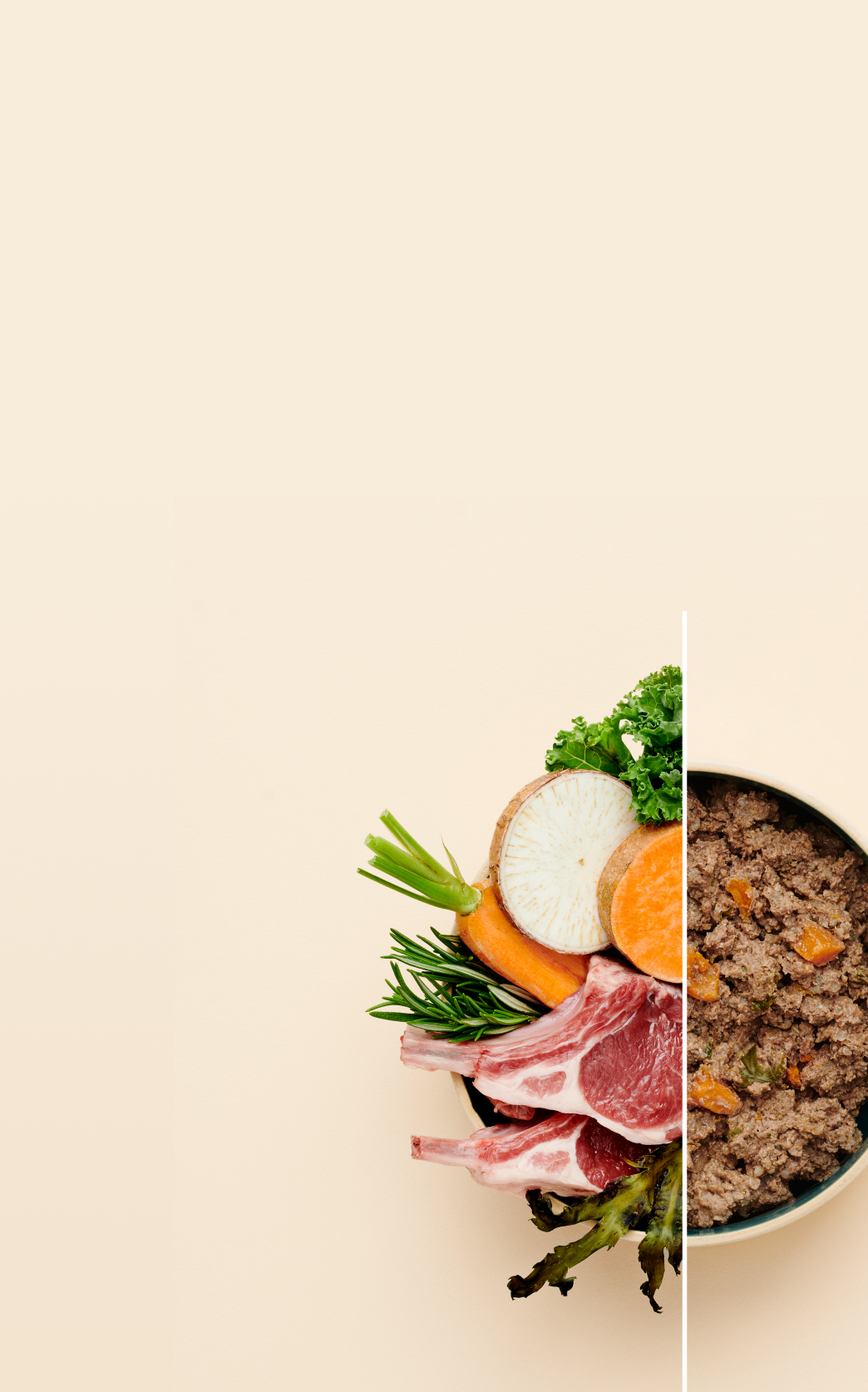Can Dogs Eat Chocolate? Why It’s Never Safe - Even in Small Amounts
We all love a bit of chocolate. But while it’s a beloved treat for us, it’s one of the most dangerous things your dog could get their paws on.
In this article, we’ll walk you through exactly why chocolate is toxic to dogs, what to do if your pup eats some, and how to prevent accidents in the first place. Let’s get into it.
Why Is Chocolate Toxic To Dogs?
Chocolate contains theobromine and caffeine – both of which are stimulants that dogs can’t process efficiently. Unlike us, dogs metabolise these substances much more slowly, which means toxic levels can build up quickly in their system.
These compounds can affect your dog’s heart, nervous system, and gut – and depending on the amount eaten, symptoms can go from mild to life-threatening in a matter of hours.

How Much Chocolate Is Dangerous For Dogs?
The danger depends on your dog’s size, the type of chocolate, and how much they ate. Here’s a rough guide to theobromine levels per ounce:
- Cocoa powder: ~800mg
- Dark chocolate: ~450mg
- Milk chocolate: ~60mg
- White chocolate: ~1mg
Marleys Must Know: The darker and more bitter the chocolate, the more dangerous it is. Even a small amount of dark chocolate or cocoa powder can be extremely harmful to small dogs.
Symptoms of Dog Poisoning in Dogs
Signs usually appear within 6 to 12 hours after eating chocolate. Look out for:
- Vomiting or diarrhoea
- Hyperactivity or restlessness
- Rapid breathing or panting
- Increased heart rate
- Tremors or seizures
In severe cases, it can lead to internal bleeding, heart failure, or even death.
What To Do If Your Dog Eats Chocolate?
Firstly, stay calm and assess the situation and take note of:
- The type of chocolate
- How much they ate
- When they ate it
- Their weight and breed
This will help your vet assess the risk.
Secondly, call your vet immediately. Even if your dog seems fine, symptoms can escalate quickly. Your vet might:
- Induce vomiting
- Give activated charcoal
- Administer IV fluids and medication
Time is crucial – the sooner you act, the better the outcome.

How to Prevent Chocolate Poisoning
- Keep chocolate in high cupboards or sealed containers
- Never leave it out on tables or worktops
- Be extra careful during holidays – Easter, Halloween, and Christmas are peak risk times
- Dispose of wrappers properly – dogs are experts at bin diving
- Remind guests not to feed your dog, even “just a nibble”
You can also teach your dog what's off limits:
- Use clear commands like “leave it” or “no”
- Reward safe behaviour with dog-friendly treats
- Avoid encouraging begging or counter-surfing
- Set clear boundaries from day one
- A well-trained dog is less likely to eat something harmful.
Busted - Common Chocolate Myths
Let’s clear up a few things you might’ve heard:
“A little chocolate won’t hurt.”
→ False. Even small amounts can be toxic, especially for small dogs.
“White chocolate is fine.”
→ It’s less toxic, but still not safe.
“Only dark chocolate is dangerous.”
→ It’s more dangerous – but milk chocolate can still cause poisoning.
“Some breeds are more tolerant.”
→ Nope. All dogs are at risk.
“Cocoa powder is harmless.”
→ In fact, it’s the most toxic form of all.
The Final Woof
However much they beg, chocolate is a firm no for your dog. It’s not worth the risk – and with so many tasty, safe alternatives out there, there’s no need to chance it.
Remember:
- Know the signs
- Act fast
- Store chocolate well out of reach
- Educate kids and guests
If you're ever unsure, call your vet. You’re never overreacting when it comes to chocolate and dogs.



